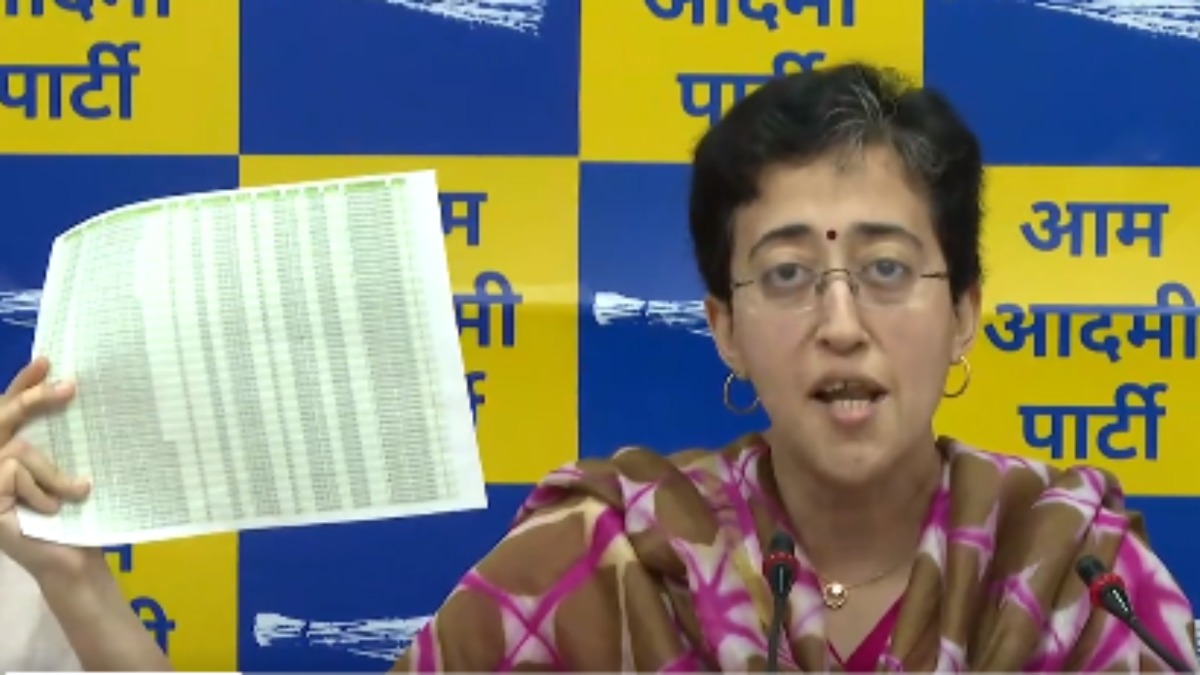After the arrest of Delhi's Chief Minister Arvind Kejriwal, the Aam Aadmi Party (AAP) continues its fierce stance against the central government. At a press conference, party leader and minister Atishi raised questions, pointing to an unconcluded enquiry on where the money trail from the excise policy case leads: Who did alcohol traders pay and where? The Enforcement Directorate could not establish the money trail, and arrests were based solely on statements. The Supreme Court posed the same query regarding the whereabouts of the money trail. Kejriwal's arrest hinges on the statement of Sharath Reddy. Accused in the Delhi alcohol scandal, Reddy, MD of Aurobindo Pharma, is a government witness.
Furthermore, Atishi stated that Reddy, who also runs pharma companies such as APL Healthcare, was summoned for questioning on the 9th. In November 2022, he claimed to have not met Arvind Kejriwal and denied any connections with AAP. Nevertheless, he was arrested the following day. Months later, he changed his statements and was granted bail, but without a trace of the implicated funds.
'All the funds funneled into BJP's accounts...'
Displaying election-related documents, Atishi claimed that Reddy's companies donated 4.5 crore rupees to the BJP through electoral bonds. Reddy, owner of Indo Pharma and APL Healthcare, made political contributions to the BJP post his arrest. The money trail emerged, with all funds going directly to BJP's accounts through electoral bonds.
Atishi further asserted that BJP should be named the accused in the case, urging the Enforcement Directorate to arrest BJP leader JP Nadda. Reddy's contributions amounting to 4.5 crore and 55 crores, as electoral donations, spotlight him as an accused in the excise policy case. Through electoral bonds, BJP has received payments from Sharath Reddy, the owner of Aurobindo firm. These two donations accumulate to a total of 59.4 crores.
What's the case all about?
The entire debacle revolves around the Delhi government's new excise policy, which, after increasing controversies, was cancelled on 28th July 2022, bringing back the old policy. Despite higher sales of alcohol, a cabinet note on 31st July acknowledged lower government earnings, as retailers and wholesalers were withdrawing from the alcohol business. The first quarter of the financial year 2022-23 saw a revenue of 1,485 crores, almost 38% below budget estimates.




